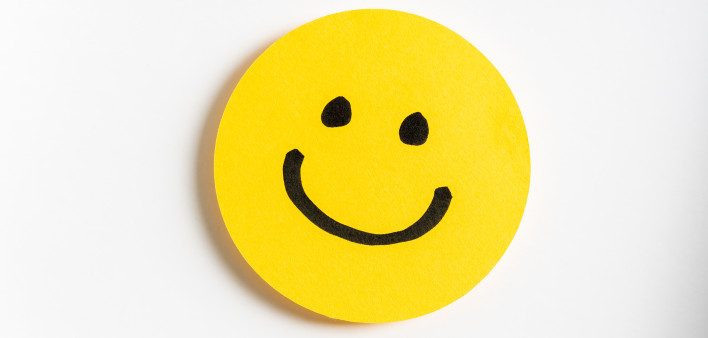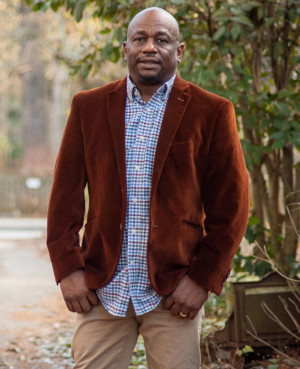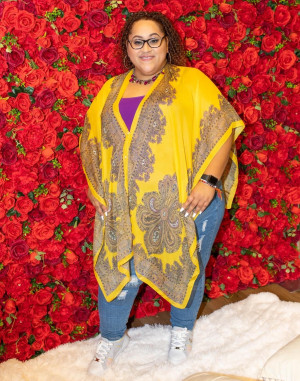October 3, 2023 – POZ.
by Tim Murphy
There is a stark difference in time between when Alabama's Tony Christon-Walker and Florida's Marissa Gonzalez were diagnosed with HIV and when each learned that Undetectable Equals Untransmittable (U=U).
Christon-Walker, 56, a longtime HIV service provider and advocate in Birmingham, was diagnosed with HIV in 1993—three years before the first truly effective suppressive treatment regimens for HIV emerged. "I was scared at the time," he recalled. "We in the Black community thought that HIV was a gay white man's disease." But he also admits he knew that he could get it and that, in a relationship at the time, he chose to have sex without condoms.
"I was told by the doctor who diagnosed me to get my affairs in order," he said. "All my friends diagnosed with HIV were dead in four months." Still, he lived, despite putting off going on HIV medications until 2006—and even then, he says, only because of, in his words, "vanity"—he didn't want any tell-tale signs of advancing HIV, such as skin infections, on his face.
But once he started meds, he says, "My whole life changed. I didn't really understand what viral load was until that point. But mine went from 300,000 to undetectable."
After that, he had an inkling that suppressed virus might prevent passing it to others because he was in a relationship with a man who remained HIV negative even though they were regularly having condomless sex. But he did not learn about U=U explicitly until 2016, when he was at the "HIV Is Not a Crime" conference in Huntsville, Alabama, to convene about repealing outdated laws in several states that criminalize people with HIV for having sex with others without disclosing their status, even if they are undetectable.
Having an undetectable viral load means you can't pass on the virus sexually. "I immediately realized that that's why my partner was still negative," he said.
As for Gonzalez, her doctor explained U=U to her immediately after she was diagnosed with HIV in 2016. "My gynecologist, who diagnosed me, told me that it was treatable," she recalled, "but I still freaked out, cried for days, fell into a depression and attempted suicide." Her despair, she admitted, was mainly due to knowing next to nothing about HIV or modern treatment. "I don't even think I knew that there was effective medication—I thought it was a death sentence."
When she told her best friend, the friend disclosed that she had a family member living with HIV. "She said, 'You're going to live a long, healthy life—HIV is easier to treat than diabetes,' and I'm like, 'What? No, it's not!' But then my new HIV doctor explained to me that if I stayed on treatment consistently, I'd have so little virus in my body that I wouldn't be able to transmit it to a sexual partner. I thought, 'Who's worried about sex right now? I care about my own life and health!'"
But a few years later, as she became increasingly involved in HIV advocacy and even went public with her own status, she came to find the reality of U=U liberating. "I didn't have to worry about passing the virus unintentionally to someone else."
She noted, however, that she still discloses her status to sex partners because Florida is still one of many states that criminalizes nondisclosure. When she does, she said, the reactions are mixed. "One guy asked me, 'Are you sure I can go down on you?'" (Even before U=U was known, it should be noted, it was well-known that men are far more likely to pass HIV sexually to a woman than vice-versa.)
"Another asked why I was dating if I had HIV. Sometimes I want to just say, 'You need to go to Google.'" But she says that no man has outright rejected her because of her HIV once she explained all the science to them. Continue reading on POZ...







